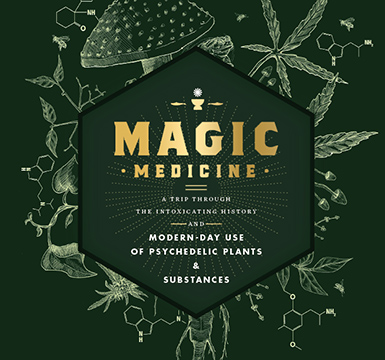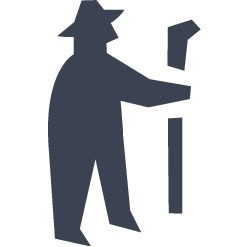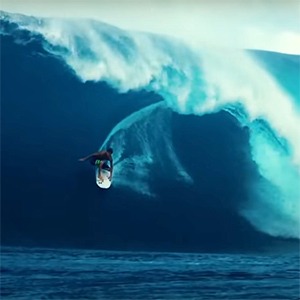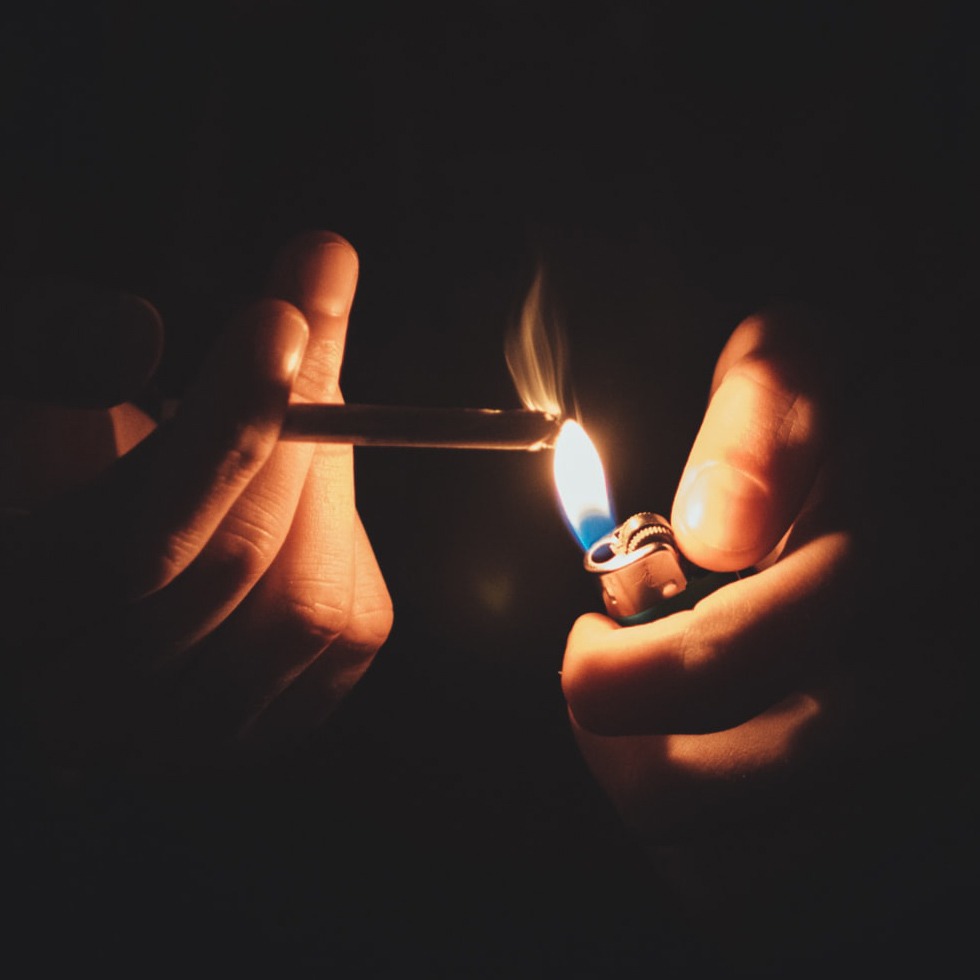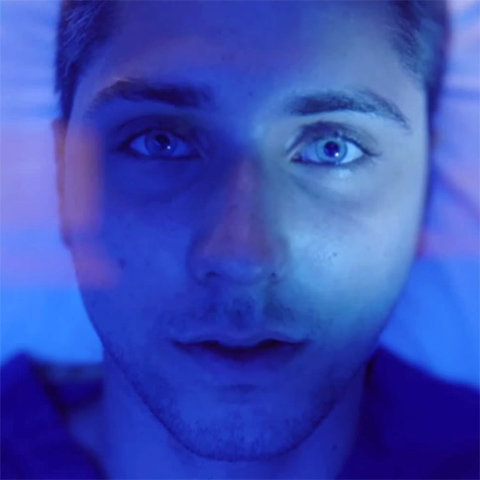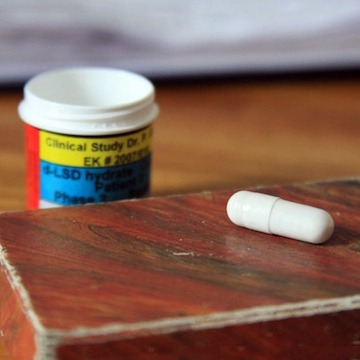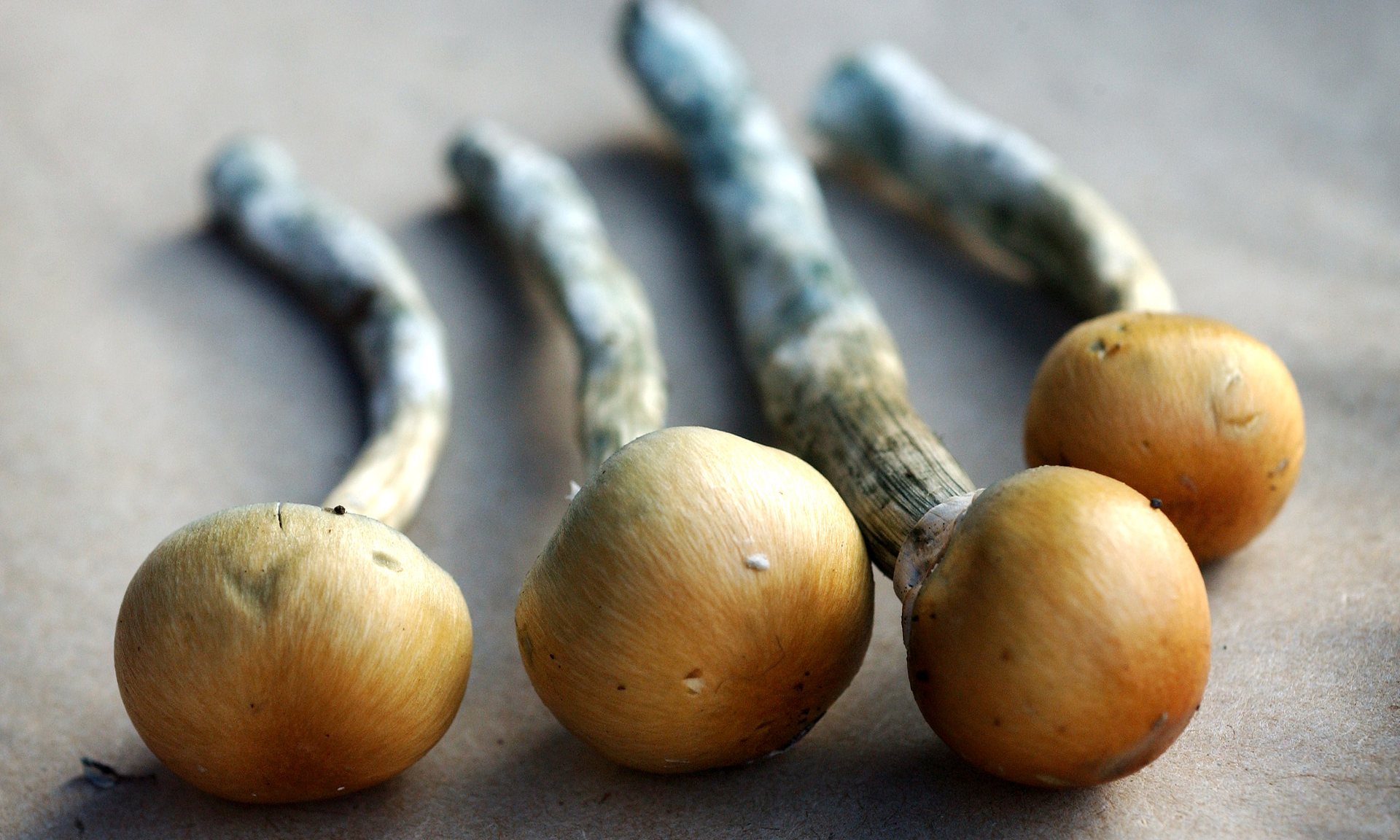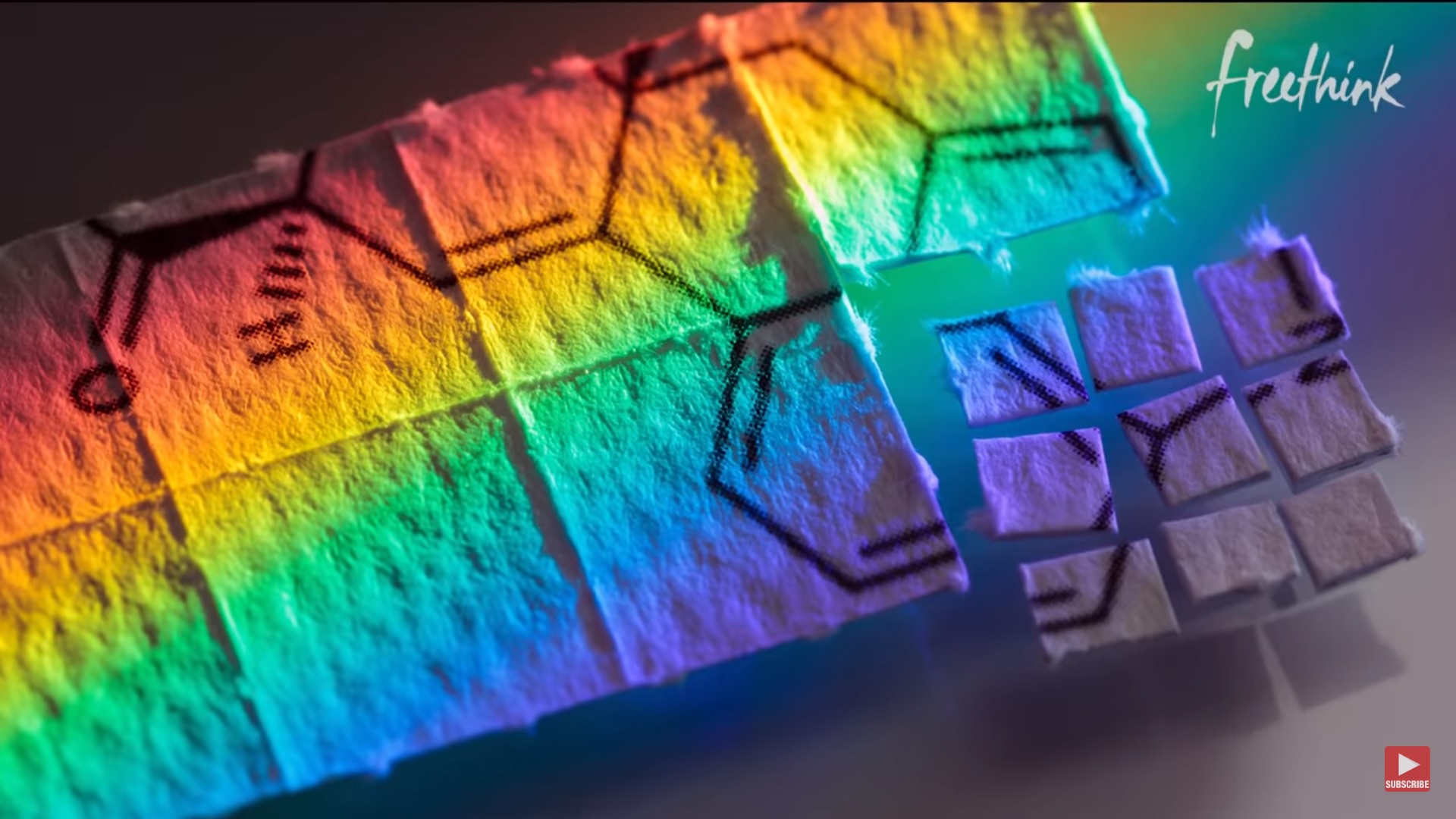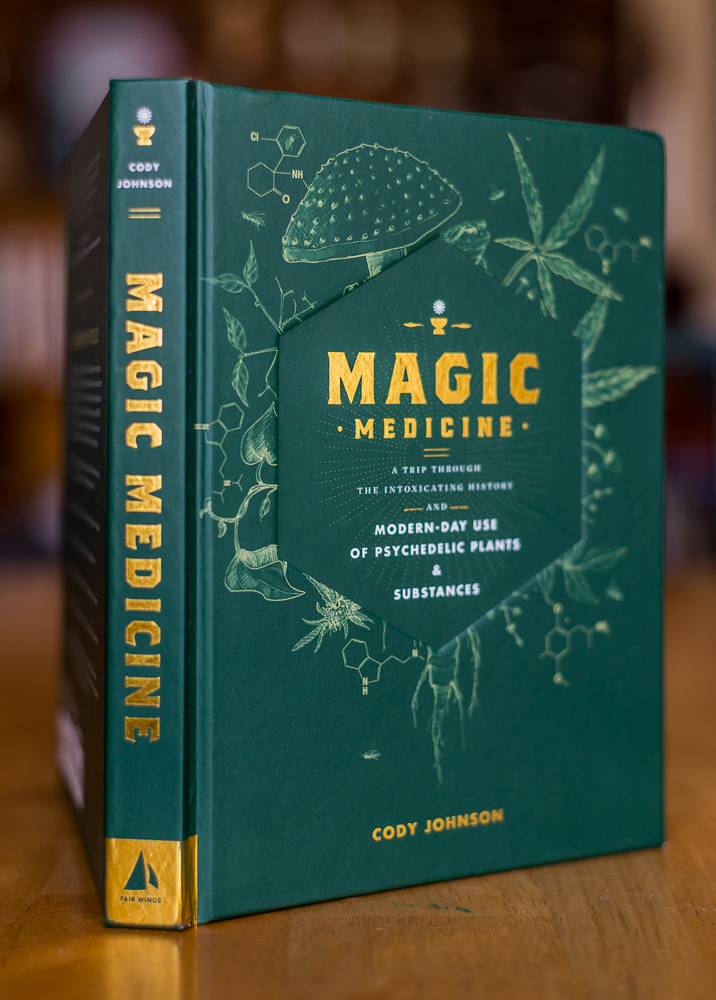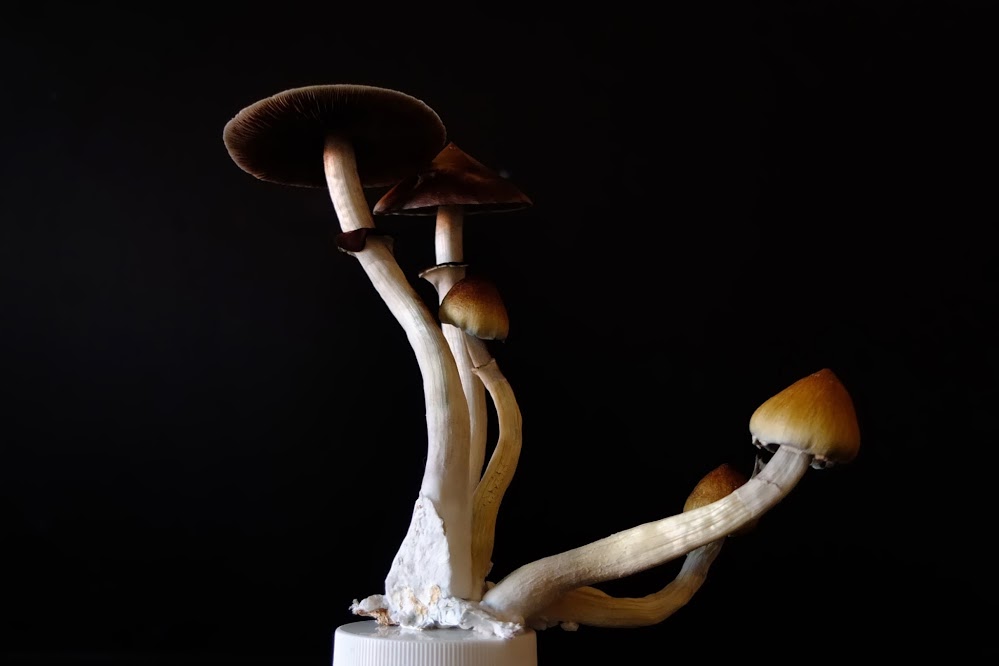
According to a new study published in Psychopharmacology, psilocybin may be useful in treating alcohol dependence. The research was conducted at the University of New Mexico by a research team including lead author Dr. Michael Bogenschutz, and Dr. Rick Strassman. Yes, that Rick Strassman — the one who performed pioneering DMT research in the 1990s and authored DMT: The Spirit Molecule.
With only ten human subjects, this was a “proof of concept” study — the researchers aimed to show that the drug is effective for treating alcohol dependence, and to provide a baseline for further studies.
“Although recent studies have investigated the effects of psilocybin in various populations,” the researchers write, “there have been no studies on the efficacy of psilocybin for alcohol dependence.” They set out to change that by dosing ten alcohol-dependent volunteers with psilocybin in supervised sessions. The ten subjects were also provided with ongoing Motivational Enhancement Therapy, as well as special therapy sessions aimed at preparing for and integrating the psychedelic experiences.
[pullquotecenter]Evidence supporting psychedelic addiction therapy first emerged in the 1950s and 60s, but languished in obscurity for half a century due to the War on Drugs.[/pullquotecenter]
In the first four weeks of therapy — before the psilocybin sessions — the subjects’ abstinence from alcohol did not increase significantly. No surprise there; alcohol addiction is a notoriously difficult nut to crack using therapy alone. Following psilocybin administration, however, abstinence increased significantly. But did the treatment stick? Yes — nine months later, “gains were largely maintained.”
The strength of the trips mattered. “Intensity of effects in the first psilocybin session strongly predicted change in drinking during weeks 5–8,” explain the researchers. More intense trips also resulted in greater improvements in cravings and other positive metrics during week 5.
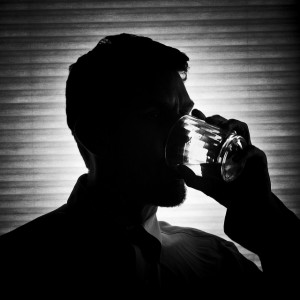
Following psilocybin administration, abstinence increased significantly. (Credit: David Goehring, CC.)
The effects of alcoholism on individuals, families, and cultures around the world are catastrophic. The World Health Organization estimates that over 140 million people are addicted to alcohol worldwide. In the US, over 80,000 people die every year from alcohol-related causes, making it the third leading preventable cause of death (CDC). Globally, the figure is over 3 million — almost 6 percent of all deaths are attributable to alcohol consumption.
Preliminary evidence supporting psychedelic addiction therapy first emerged in the 1950s and 60s, but languished in obscurity for half a century due to the War on Drugs. Thanks to the courage of scientists willing to cast aside the old stigma, however, we are finally making progress again.
Prior Research on Psilocybin and Addiction
Psilocybin’s early promise in treating alcohol dependence isn’t altogether surprising. Recent studies conducted by Matthew Johnson at Johns Hopkins University have already showed psilocybin to be effective in combating another hugely addictive substance: tobacco. Johnson’s study, also published in Psychopharmacology, showed incredible results in helping people quit smoking. “The rates of quitting were so high, twice as high as what you typically see with the gold standard medication,” he told Bloomberg.
With the best current smoking cessation drug, varenicline, only 35 percent of people are still tobacco-free after six months. Other treatments, such as nicotine patches or chewing gum, fare even worse. With psilocybin, the six-month success rate is an astounding 80%.
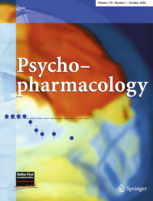
Similar to Dr. Bogenschutz’s new alcohol study, Johnson showed — in a follow-up study published two weeks ago — that the nature of the experience figured greatly in the results. At six months, those who rated their psilocybin experience as more “mystical” were significantly more likely to remain tobacco-abstinent. “No significant differences in general intensity of drug effects were found between groups,” they noted, “suggesting that mystical-type subjective effects, rather than overall intensity of drug effects, were responsible for smoking cessation.”
In other words, Johnson found that the therapeutic effects of psychedelics derive not from dosage or intensity, but rather how “mystical” the experience was. Although it defies easy description, the mystical or “peak” experience seems vital to the success of therapeutic approaches using psychedelics. If we can find ways to maximize the likelihood of these peak experiences — without necessarily increasing the intensity or the dosage — then we may improve on the already-outstanding potential of psychedelics in treating addiction.
The Future
The limitations of these small, preliminary studies should be noted. Both the alcohol and tobacco addiction studies had small sample sizes, and lacked control groups and double-blind methodology. A larger, more robust study design would substantially improve the scientific validity of the findings.
But such studies are expensive, and funding remains scarce. Hopefully these positive results will attract more funding to this much-neglected area of study, allowing scientists to conduct more rigorous studies in the future.
For now, these results represent a necessary and important step. The new alcohol dependence study extends and confirms psilocybin’s value as an anti-addiction medicine. Perhaps future studies will demonstrate its effectiveness on still more types of addiction — not only more substances, like heroin and cocaine, but addictive behaviors such as gambling, sex, and online gaming.
Bogenschutz’s research team concluded: “These preliminary findings provide a strong rationale for controlled trials with larger samples to investigate efficacy and mechanisms.” Onward, psychedelic renaissance!
![]()
Co-authors of the smoking studies include Albert Garcia-Romeu, Mary P. Cosimano, and Roland R. Griffiths. Co-authors of the new alcohol study include Alyssa A Forcehimes, Jessica A Pommy, Claire E Wilcox, and P. Barbosa.
via Psychedelic Research Google Community
Liked this post? Subscribe to my RSS feed to get much more!

